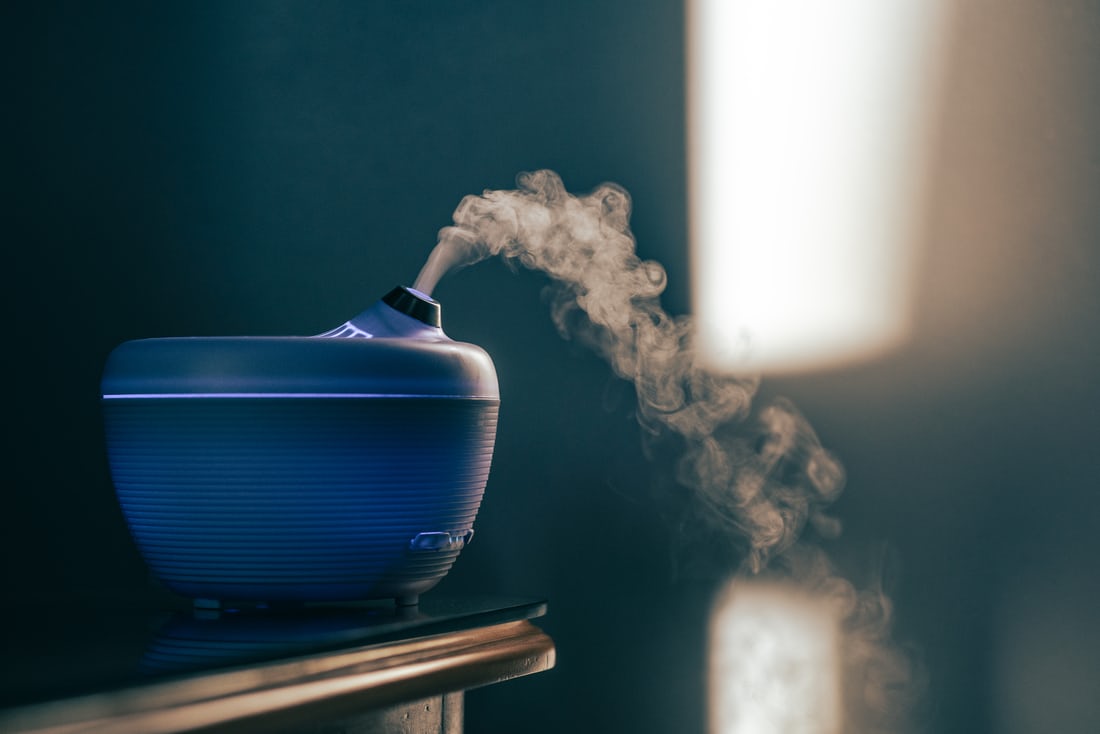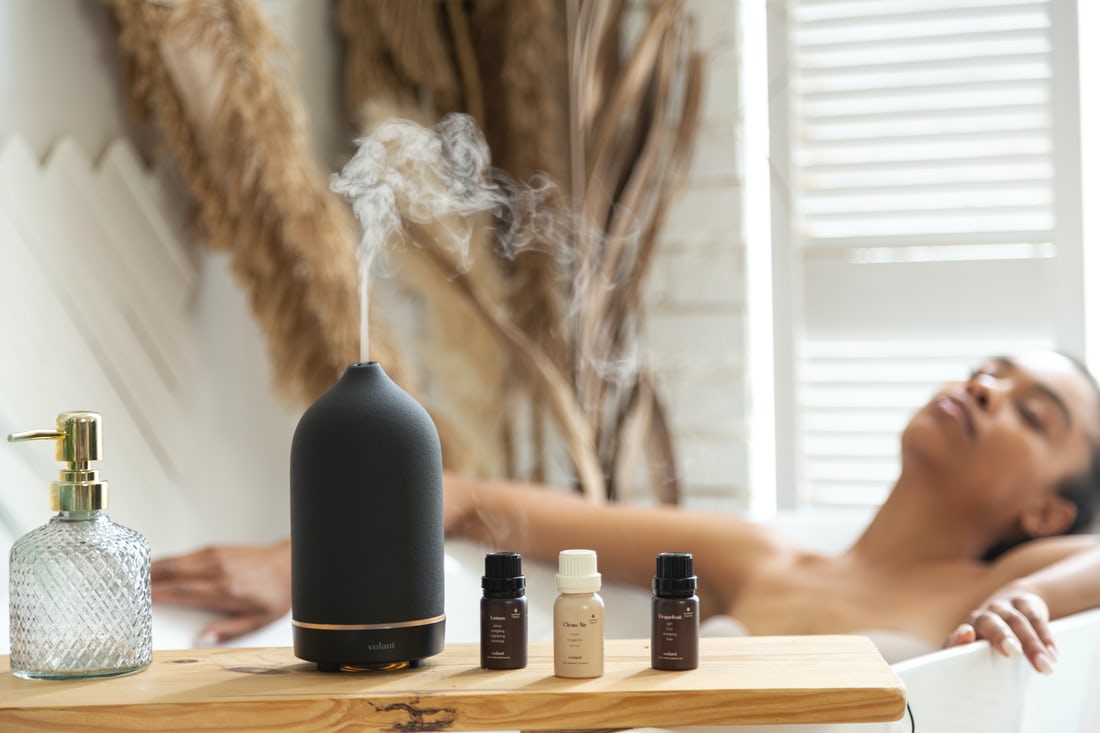In aromatherapy, plant extracts or essential oils are used to treat physical and psychological ailments. It’s a treatment method that’s become increasingly popular in medicine and related fields in the last few years. It’s not a new idea, even if you’ve recently noticed it. Many cultures, such as China and India, have benefited from its use over time. There are numerous health and religious benefits to using oils, balms, and other products made from aromatic plant extracts. The term “essential oil” encompasses a wide range of oils with a variety of uses. We’re going to talk about some highly effective essential oils in this article.
- Bergamot Essential Oil
Bergamot essential oil has a profound influence on the body’s food processing by encouraging the secretion of digestive enzymes, particularly bile, which aids in digestion. These advantages can be obtained by rubbing a few drops of the essential oil combined with coconut oil on the stomach. It can treat skin disorders caused by chickenpox and even stress when blended with eucalyptus oil and applied to the skin.
- Clove Essential Oil
Antifungal, antimicrobial, antioxidant, and antibacterial properties can all be found in clove oil. Toothache and muscle soreness are just a couple of the conditions it’s used to treat. Additionally, the carminative properties of this herb help to keep bloating and gas at bay.
- Basil Essential Oil
Migraines and headaches are known to be relieved by this oil. It’s also beneficial for preserving one’s mental health because it aids in the elimination of some depression symptoms. It can also be utilized to improve concentration, which will improve one’s knowledge and production. Basil essential oil, on the other hand, should be avoided during pregnancy.
- Lavender Essential Oil
Lavender oil is used to relieve headaches and migraines in addition to giving relaxation and facilitating sleep. Its primary application is as an antibacterial for minor burns and wounds.
- Tea Tree Essential Oil
Because of its disinfecting, antiseptic, and antibacterial characteristics, it’s commonly used in cosmetics and haircare products including shampoos and serums. It’s been used to treat bites, burns, acne and acne scars. It’s also a common element in mouthwashes, but it’s dangerous and should never be swallowed.
- Rosemary Essential Oil
Rosemary essential oil is known for its ability to relieve muscle spasms and to aid in the proper functioning of the circulatory and neural systems. Furthermore, it promotes hair growth and boosts cognition.


